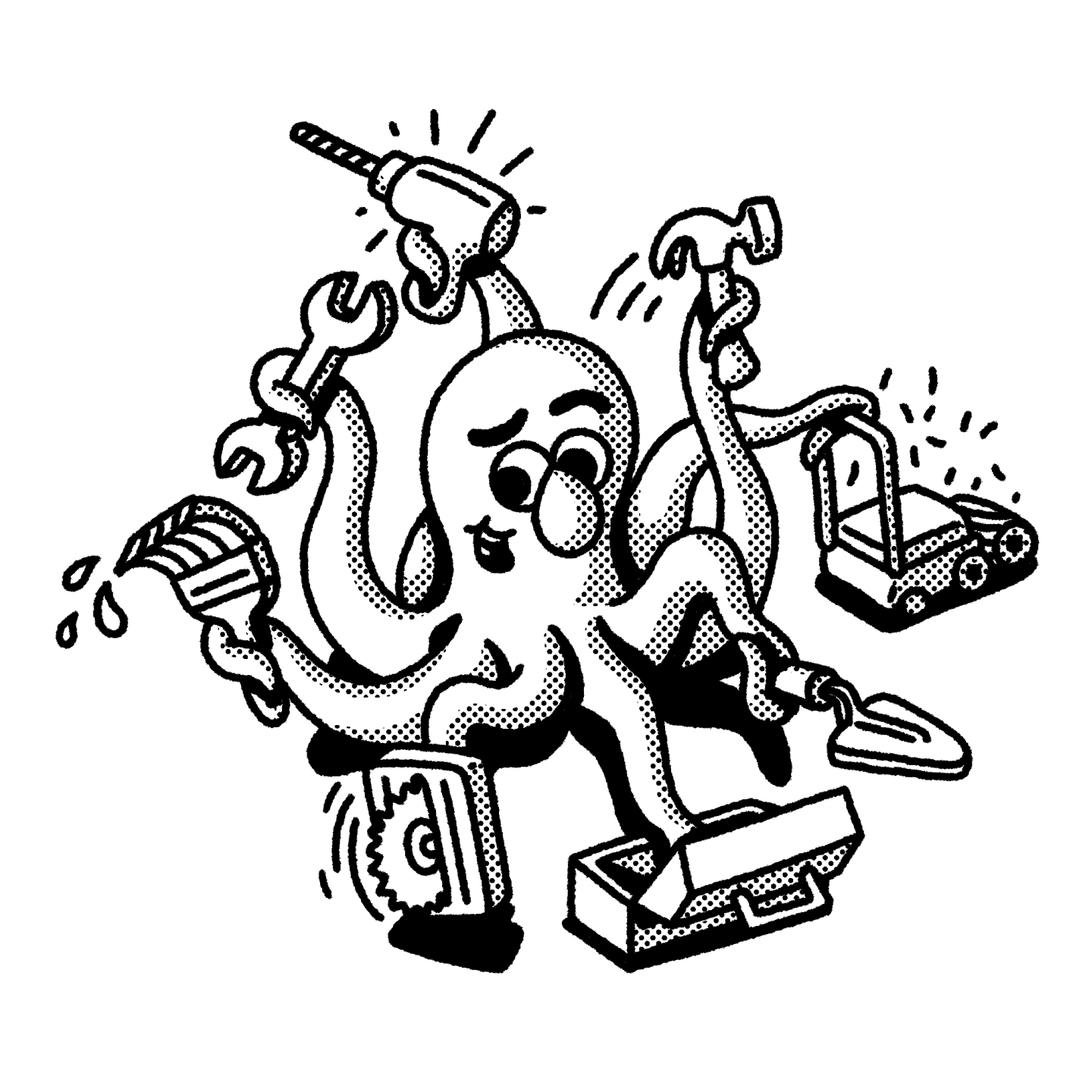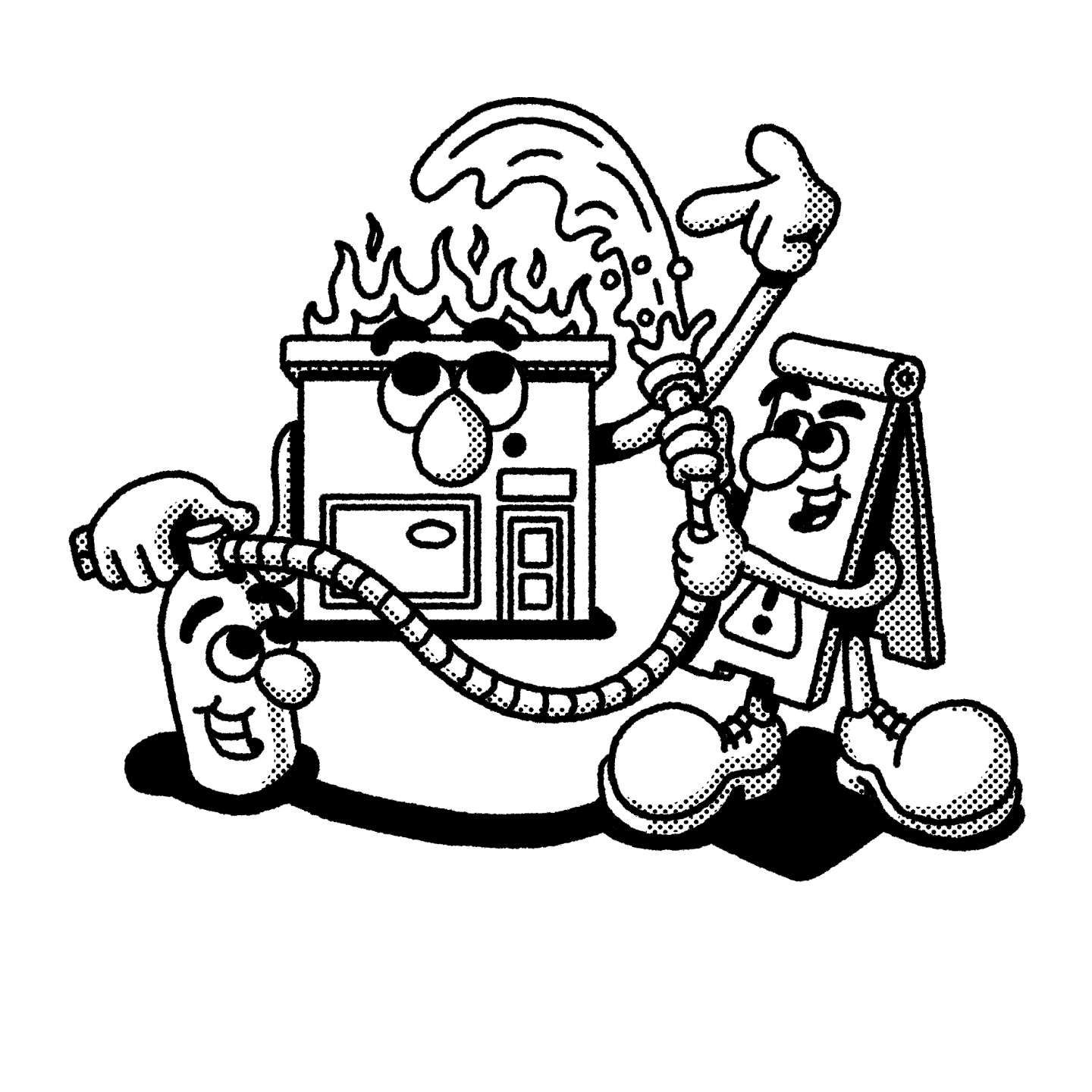When do you need a loss payee on your insurance?
Several situations call for a loss payee on your business insurance. For small business owners, it’s usually required to take out a small business loan.
For example, you might need a loan to purchase property for your new bakery. Because you don’t own the property in full, the lender will probably require to be listed as the loss payee on your commercial property insurance policy.
If something were to happen to your bakery, such as storm damage or a kitchen fire, your insurance claim’s reimbursement would go to the lender first — after all, it’s still their property.
The fancy term you might see for this arrangement is called “insurable interest” in the property, and it’s often included as part of a loan agreement.
How to add a loss payee to your business insurance
If you need to add a loss payee to your business insurance:
- Contact your insurance company to ask which policies are eligible for a loss payee endorsement.
- Make sure your business insurance coverage meets any requirements set by the loss payee.
- Provide the loss payee’s name and contact information to your insurance company. If you’re unsure about these details, ask the lender what to include.
- Get an updated certificate of insurance (COI) that reflects the changes you’ve made.
What happens when you add a loss payee to an insurance policy?
Adding a loss payee to your insurance policy doesn’t affect your insurance cost. This addition doesn’t change your coverage. Instead, it just provides directions for who should receive insurance claim reimbursements.
If you add a loss payee, your insurer will provide them with information about the policy and any important updates or alerts. This includes late or missed payments and any changes made to the policy, like adjustments to the limits or coverages.
Loss payee vs. additional insured
Adding a loss payee does not provide additional coverage, but simply redirects where the insurance payment should go if money is paid on a claim. No fees are associated with adding a loss payee.
When you add an additional insured to an insurance policy, you’re extending insurance coverage to that person or entity. Unlike a loss payee, an additional insured doesn’t have the first rights to any insurance claim reimbursement. Any funds paid on a claim still belong to you. Adding an additional insured could also cause your premium to increase.
Loss payee vs. lienholder
Loss payees are who the insurance money goes to first, while lienholders own the property and can require certain actions from you. A lienholder is a lender that holds your loan like a bank, financial institution or another type of lender.
While there are some similarities between a lienholder and a loss payee, here’s what makes them different:
Loss payees don’t always own the property that is being insured — although they do most of the time.
Lienholders always own the property until it’s paid off and they may require you to have specific coverage to protect their asset. For example, the bank who gave you a car loan might be a lienholder for your car. It could require you to get comprehensive coverage and collision coverage. However, since they’re not the loss payee, should something happen to the car, the insurance payment goes to you.
What might be confusing is that in many cases, a lienholder is also a loss payee.
For example, the bank that loans you money for your small business property is both the lienholder and the loss payee on your insurance policy.
Of course, once your loan is paid off completely, a lienholder can no longer require anything of you, and the loss payee may be removed from your policy so that only you will receive any insurance reimbursements going forward.
How NEXT makes it easy to manage your business insurance
NEXT customers can add a loss payee to their commercial property insurance easily.
Manage your policy via web or app 24/7 and get a custom certificate of insurance (COI) immediately. You can even send the COI to your lender directly through our online customer portal. Easy peasy.
There are no fees to add a loss payee to your policy, and we’ll keep your lender informed about all coverage updates.
Get a free instant quote with NEXT today.













